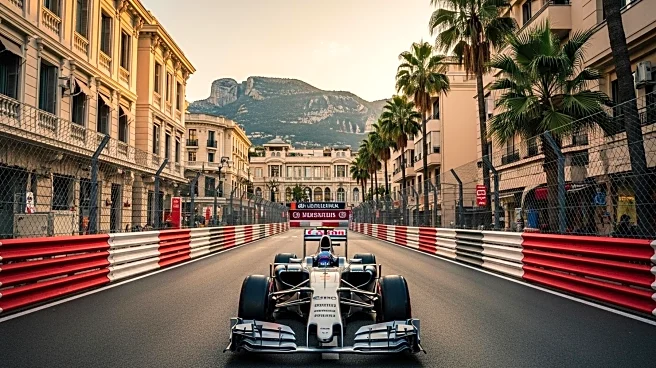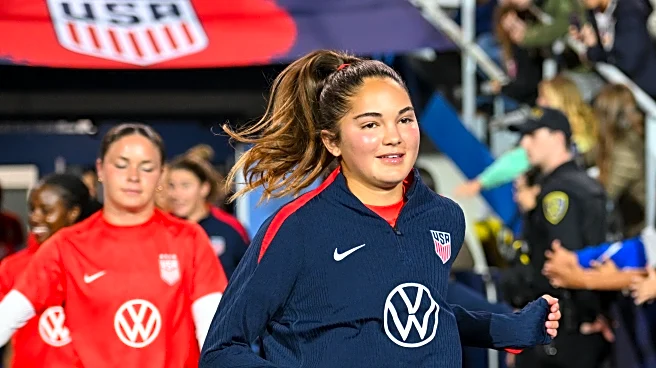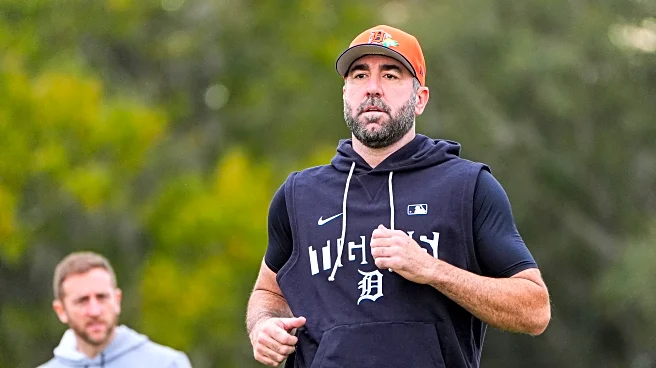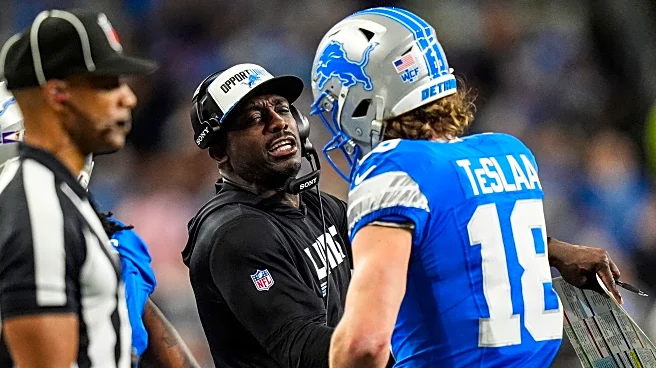What's Happening?
Formula 1 has confirmed the extension of its contract with the Monaco Grand Prix, ensuring the race will remain on the calendar until 2035. This follows a previous renewal last November, which extended the contract to 2031. The Monaco Grand Prix, first held in 1929, is a historic event that has been part of the Formula 1 calendar since 1955, except for the 2020 season affected by COVID-19. Prince Albert II of Monaco welcomed the renewal, emphasizing the principality's commitment to the event and its unique place in the international motorsport landscape. Known for its glamour and challenging circuit, Monaco is the slowest race of the year, with its tight streets posing a significant challenge to modern F1 cars.
Why It's Important?
The extension of the Monaco Grand Prix contract is crucial for maintaining the historical and cultural significance of the race within Formula 1. It reinforces Monaco's status as a key player in the motorsport world, attracting tourism and global attention. The renewal supports the principality's economy and highlights the successful collaboration between Monaco and Formula 1. It ensures that the tradition of the Monaco Grand Prix continues, preserving its role as a favorite among drivers and fans, and maintaining its prestige as a glamorous event.
What's Next?
With the contract extension, Monaco and Formula 1 can focus on enhancing the race experience and infrastructure. The principality may invest in improving facilities and spectator amenities, while Formula 1 could explore innovations to adapt the race to modern standards. The extension provides stability for future planning and collaborations, ensuring Monaco remains a central fixture in the Formula 1 calendar. Stakeholders will likely continue to promote the event's unique appeal and historical significance.
Beyond the Headlines
The renewal of the Monaco Grand Prix contract highlights the importance of balancing tradition with innovation in Formula 1. It underscores the value of historic races in the sport's identity, amidst the expansion into new markets. The decision may influence other traditional races to seek similar long-term commitments, reinforcing the significance of heritage in motorsport. It also reflects the ongoing efforts to preserve iconic events while adapting to the evolving landscape of Formula 1.









